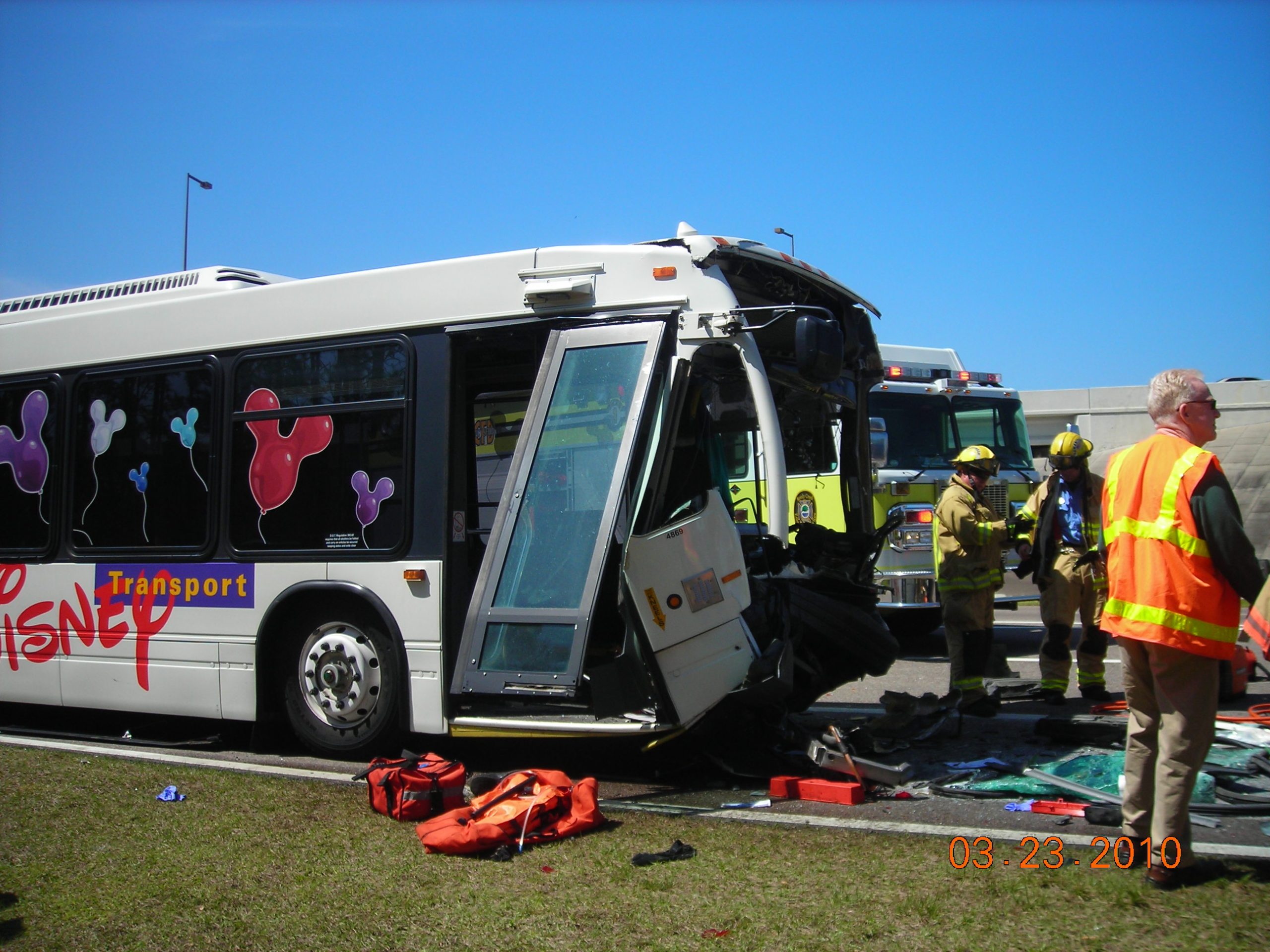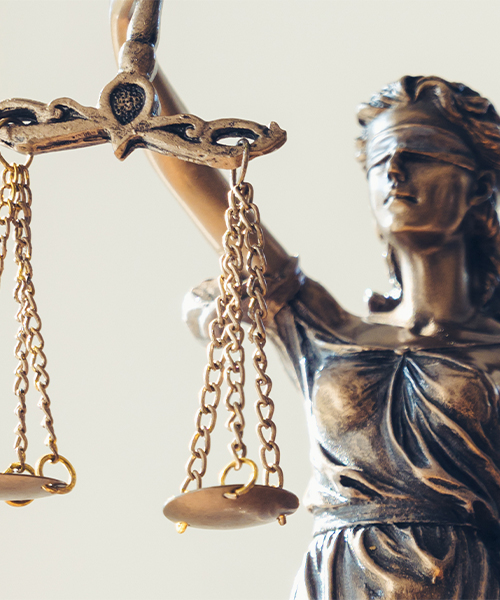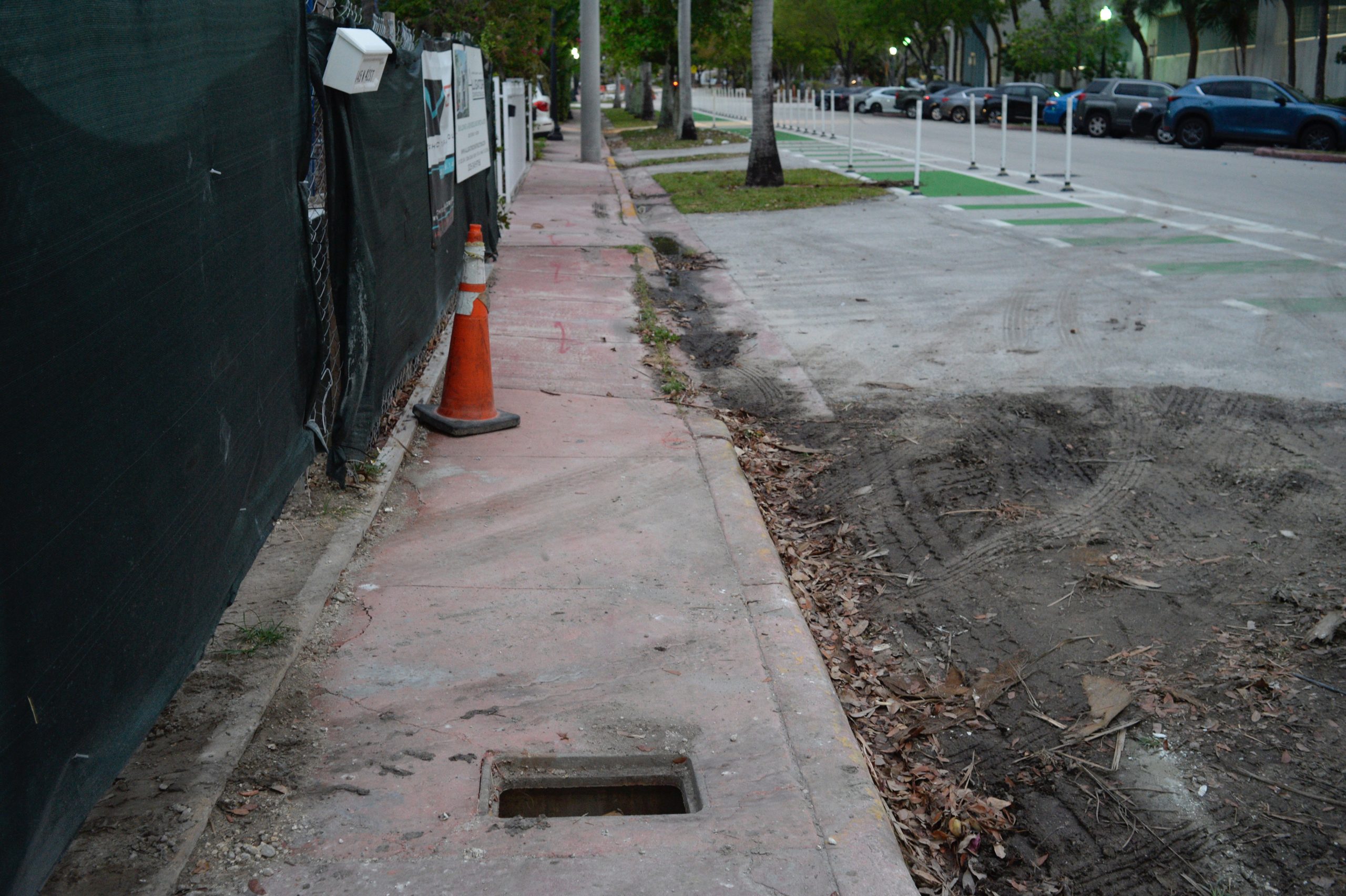El Estatuto de Florida 624.155 otorga a las personas el derecho a demandar a las compañías de seguros si gestionan de forma indebida las reclamaciones y causan perjuicios económicos. Sin embargo, las aseguradoras de compensación laboral están exentas de estas disposiciones. El artículo 440.11(4) establece lo siguiente: “Sin perjuicio de lo dispuesto en el artículo…
Continue reading ›Articles Posted in Civil Litigation
Rear-end collisions account for more than 25 percent of all roadway motor vehicle accidents. The reflexive response is to blame the driver of the approaching vehicle – the one who strikes the vehicle ahead. Florida law reinforces this instinct by creating a rebuttable presumption of fault against the trailing driver. Gulle v. Boggs, 174 So.…
Continue reading ›A core responsibility of lawyers representing clients with personal injury or property-damage claims is to maximize recovery. Conventional wisdom holds that recovery is limited to actual damages – the plaintiff cannot collect more than the loss suffered. Florida law, however, provides a pathway to expand recovery when subrogation, reimbursement, or contribution rights exist. In Despointes…
Continue reading ›Florida Statute 624.155 gives people the right to sue insurance companies if they mishandle claims and cause financial harm. However, workers’ compensation insurance carriers are exempt from these provisions. Section 440.11(4) provides as follows: “Notwithstanding the provisions of s. 624.155, the liability of a carrier to an employee or to anyone entitled to bring suit in…
Continue reading ›For those of us in Florida familiar with the constraints of the state’s sovereign immunity law, Florida Statute 768.28, the Federal Tort Claims Act (FTCA), 28 U.S.C. §§ 2671-2680, comes as a pleasant surprise. Under the state law, judgment damages against the state—or any of its agencies or subdivisions — are capped at $200,000 per…
Continue reading ›Florida premises liability law governs the responsibility of those who possess or control land for injuries sustained by individuals on their property. It is a negligence-based system, meaning that liability is determined according to the degree of fault. This principle is known as comparative fault, codified in Florida Statute § 768.81, entitled Comparative Fault. Under…
Continue reading ›Overview of the Florida Wrongful Death Act When a person’s death is caused by the wrongful act, negligence, default, or breach of contract or warranty by another individual or company—including incidents occurring on navigable waters—Florida law determines who may be entitled to compensation. These legal rights and procedures are governed by statute, specifically the Florida…
Continue reading ›For decades, Corporate America has waged a calculated campaign to vilify trial lawyers and delegitimize civil lawsuits. The now-infamous McDonald’s coffee spill case has been cynically exploited as the poster child for “frivolous lawsuits.” The case is cited endlessly in media soundbites, political speeches, and boardroom talking points to convince the public that the justice…
Continue reading ›Personal injury and workers’ compensation cases differ significantly in the remedies they offer and the parties they involve. It is not uncommon for an individual injured in the course of employment to also have a viable personal injury claim. Workers’ compensation cases are brought against the employer and its insurance carrier, whereas personal injury actions…
Continue reading ›Although our law firm does not handle employment discrimination cases, we frequently refer such matters to excellent attorneys. Recently, however, I came across a particularly insightful and well-written Florida Bar Journal (volume 99, No. 4 July/August 2025) article by Attorney James Poindexter, which inspired me to write this blog. Employment discrimination cases are primarily grounded…
Continue reading ›














